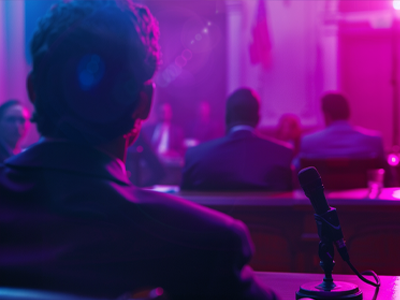A bill to legalize online gambling is still alive, but faces headwinds
Maryland lawmakers are weighing the future of online casino gaming as they continue to debate the potential legalization of online gambling. The House Ways and Means Committee recently examined HB 17, a bill introduced by Delegate Vanessa Atterbeary, which aims to regulate online casinos and bring them under state oversight.
Supporters argue that online gambling is already thriving in Maryland, though illegally, with estimates suggesting it generates around $7 billion annually. They believe that legalizing and regulating the industry could redirect that money into state coffers while ensuring proper consumer protections.
Proponents also point to Maryland’s sports betting market, which has generated $140 million in tax revenue since its launch in December 2021, as an example of how online casinos could provide similar financial benefits. The bill proposes live dealer studios in the state and designates 1% of tax revenue to support problem gambling initiatives.
Despite the potential financial benefits, the bill faces significant opposition, particularly from major casino operators like The Cordish Companies, which owns Live! Casino. They argue that online gaming could draw customers away from physical casinos, cutting into their revenue without delivering meaningful tax income. Other critics, including PENN Entertainment and industry executives, warn of possible job losses.
Some point to Pennsylvania’s iGaming market, where they claim Presque Isle Casino experienced a 15% decline in revenue and a 45% drop in employment after online gaming was introduced.
The debate remains ongoing, with the legislative deadline approaching. Meanwhile, another bill seeks to ban online sports betting. Senate Bill 1033 specifically allows retail sportsbooks to continue, and this move might not bode well for the online casino legislation.

